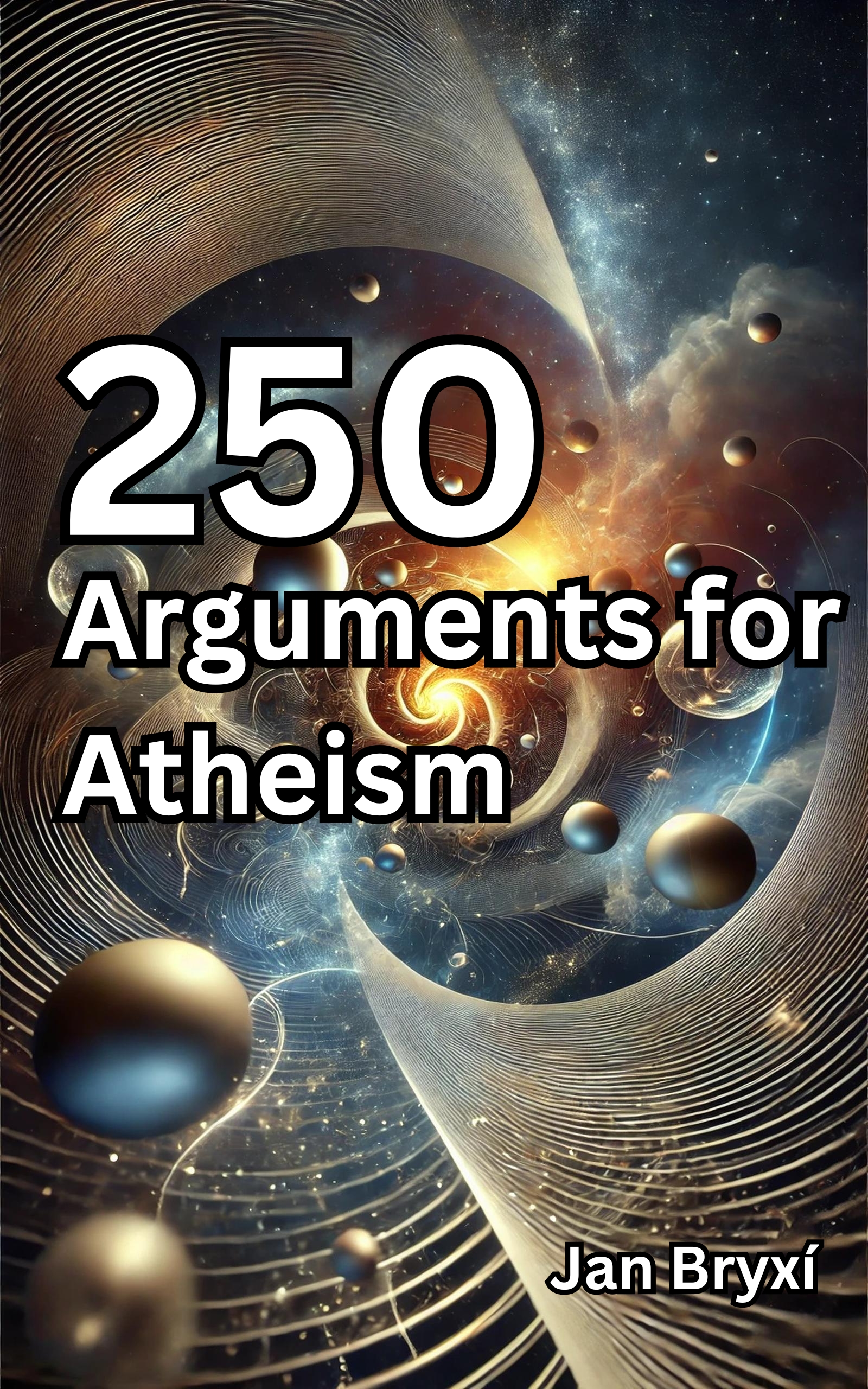Religions teach that God sees everything—past, present, and future. The claim sounds comforting. It promises order in chaos and purpose in suffering. Yet it hides a fatal flaw. If God truly foresees everything, then the future is fixed. And if the future is fixed, neither God nor humans can change anything. Divine foreknowledge collapses into determinism, and with it disappears both divine intervention and human freedom.
The idea of divine foreknowledge
The belief in divine omniscience runs deep in theology. God, it is said, knows everything that was, is, and will be. Augustine, Aquinas, and Calvin all described foreknowledge as proof of divine perfection. An all-powerful being must, they argued, see time from outside—like a completed book already written.
But that image carries a logical cost. If the entire timeline is already known, then it already exists. The future is not open; it is simply waiting to be revealed. God does not watch history unfold—he replays what was never free to begin with. What looks like foresight is merely recognition of inevitability.
Determinism as the hidden premise
Perfect foreknowledge requires determinism. Prediction is only possible in a closed system where every event follows from previous causes. If God knows exactly what will happen, the universe must be fully determined. Otherwise, his knowledge could be wrong.
This creates a paradox. If the future is truly determined, then nothing can change it—not even God. The act of knowing the future locks it in place. To foresee everything is to freeze everything. A universe where God knows every move is not alive; it is pre-written.
The problem of intervention
Religion depends on the idea that God can act—he can respond to prayer, perform miracles, or change outcomes. But if the future is already known, these actions cannot be genuine. Intervention would alter the future, which would make God’s foreknowledge false.
If he already knew that he would intervene, then the intervention itself was predetermined. If he did not know, then he is not omniscient. Either way, divine freedom disappears. God becomes a spectator of his own script, unable to improvise without contradiction.
The same logic destroys the concept of prayer. Asking God to change something presupposes that events are still open. Yet if God already knows what will happen, every prayer and every outcome were fixed long before anyone was born. The divine ear hears only what was eternally scripted.
The illusion of free will
If God knows every decision in advance, human freedom collapses too. A choice cannot be both predetermined and free. To say “God knows what I will do, but I still choose freely” is a contradiction. If your choice could be different, God’s knowledge would be wrong—and by definition, it cannot be.
Philosophers tried to repair this paradox. Boethius argued that God exists outside time and therefore sees all events simultaneously, without causing them. But this does not solve the problem—it only relocates it. A timeless observer who knows the future still knows a fixed future. The illusion of choice remains.
Compatibilists claimed that determinism and free will can coexist, that we are free as long as we act according to our desires. Yet if those desires were themselves predetermined, this freedom is purely mechanical. Molinists invented the concept of “middle knowledge”—God knowing what free creatures would do in any possible world. But if he knows all outcomes before creation, then he still created a fixed reality. Every attempt to reconcile omniscience with freedom ends in circular logic.
The self-defeating nature of omniscience
Omniscience sounds like supreme power, but logically it is paralysis. A being that knows everything cannot learn, decide, or respond. Knowledge of all future events eliminates the possibility of change or creativity. A God who knows every thought before it happens cannot genuinely think. A will that already knows its choices cannot choose.
This makes divine perfection self-defeating. Absolute knowledge erases absolute freedom. The all-knowing God becomes an eternal bystander—complete, but inert. In trying to make God infinite, theology traps him in a timeless cage of his own foreknowledge.
The paradox of divine control
If God cannot alter the known future, then creation is nothing more than a pre-written simulation. He might have programmed it, but he cannot alter it without contradiction. Intervention would mean that what he foresaw was false. Nonintervention confirms determinism but strips God of agency.
Thus, divine control is an illusion. God either creates a fixed world he cannot change or a free world he cannot fully know. In both cases, omniscience and omnipotence cannot coexist.
The death of moral responsibility
Without freedom, morality collapses. If every human action was foreseen before birth, praise and blame become meaningless. Sin, virtue, repentance—all presuppose genuine choice. A murderer who could not have acted differently is not morally guilty; he is merely fulfilling a divine screenplay.
Religious systems built on both divine justice and divine foreknowledge cannot sustain logic. Judgment presumes responsibility, but responsibility presumes freedom. If the script is already written, punishment and reward are nothing more than theater.
Conclusion
The claim that God foresees everything seems to glorify him, but it strips him of life, choice, and power. Foreknowledge demands determinism, determinism forbids intervention, and both erase free will. A God who knows every outcome cannot act. A person whose life is foreknown cannot choose.
Either the universe is open, or it is already finished. If it is open, God does not know everything. If it is finished, then God—and humanity—are merely characters in a story that can never change. The comforting promise of divine foresight hides a contradiction so deep that it dissolves both divinity and freedom.
In the end, a God who foresees everything just cannot.
Further reading (free e-book): 250 Arguments for Atheism (Jan Bryxí 2025)

Leave a Reply